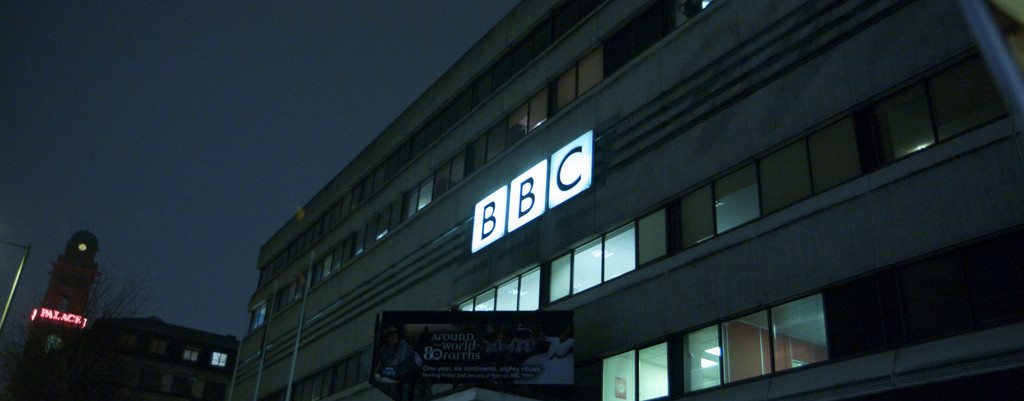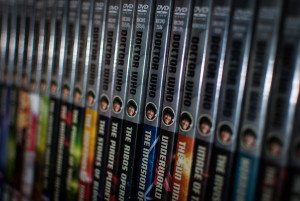What the BBC has in ‘Store’ for us
[dropcap]O[/dropcap]n 5 November the BBC launched its newest service, BBC Store. The announcement was largely underwhelming: while many have fought ardently to stop the departure of BBC Three, the idea of yet another store for BBC merchandise is hardly an equitable response.
However, this store will be different – unlike the already existent BBC Shop (an online platform for ordering merchandise such as DVDs and books) or BBC iPlayer (the playback service for recently broadcast programming), BBC Store will put downloads front and centre.
Already featuring a staggering 7,000 hours of content, the Store will allow viewers to buy, download, and keep a vast variety of programming from the BBC’s back catalogue, from classic comedies such as Only Fools and Horses through to critically acclaimed dramas such as Luther
The content will all still be available on current sites and formats – iPlayer will continue to function as it always has, and programming which is currently featured on other streaming sites such as Netflix and Amazon Prime will thankfully remain. Viewers have been promised that viewing options are being increased rather than just streamlined.
For the collectors, promises have been made that DVD copies will also continue to be produced – no one’s hard copy library will have to remain incomplete. However, unlike with Sky Store, content bought on the BBC Store will not also be sent to you on a hard copy: that is where BBC Shop continues to be of use.
So, if all the content on the BBC Store is already currently available on other formats, as well as (in many cases) the same format, then why is this new service being provided?
The BBC tells us that Store will make things easier. No longer will we have to search through a number of different services to find a downloadable version of your favourite shows – they will now be available all on the same, officially sanctioned web-store.
Marcus Arthurs, head of BBC Worldwide UK, has expressed his opinion that the service will prove popular, due to people’s current desire for more online and stream-able content. The popularity of Netflix and other on-demand media providers has already seen a decline occur in DVD sales.
The BBC’s confidence in the new service is clear: they aim to make £1.2 billion from the Store over the next five years
The timing of the Store’s announcement is hardly surprising. It’s no secret that the Conservative government and Culture Secretary John Whittingdale are looking to make vast cuts to the BBC’s funding, and changes to the organisation’s current state. There have been rumours circulating for a while that the government are looking to the American model of subscription services, making channels available only to those who choose to pay for them.
This has led some to dub the BBC Store a move towards such a model. However, the BBC have firmly denied this, labeling the Store a “safe method of payment” for the content people wish to buy.
However, many have suggested that a subscription service may have been a better model for the Store: the popularity of Netflix is surely proof that the model has its benefits. Rather than making individual purchases, (with an average pricing of around £1.89 per episode on the Store, described as “broadly competitive”), a subscription service would have allowed users to pay a monthly fee, entitling them to access all available content.
Whether you see the format the BBC has chosen to go with as the best option, the site is well put together, with a sleek and easy-to-navigate interface. Therefore, whether it changes many people’s viewing habits, and proves as successful as has been forecast, remains to be seen. However, as long as all other current viewing options remain, the Store can surely only be seen as a positive addition to the BBC’s current slate of platforms.



Comments